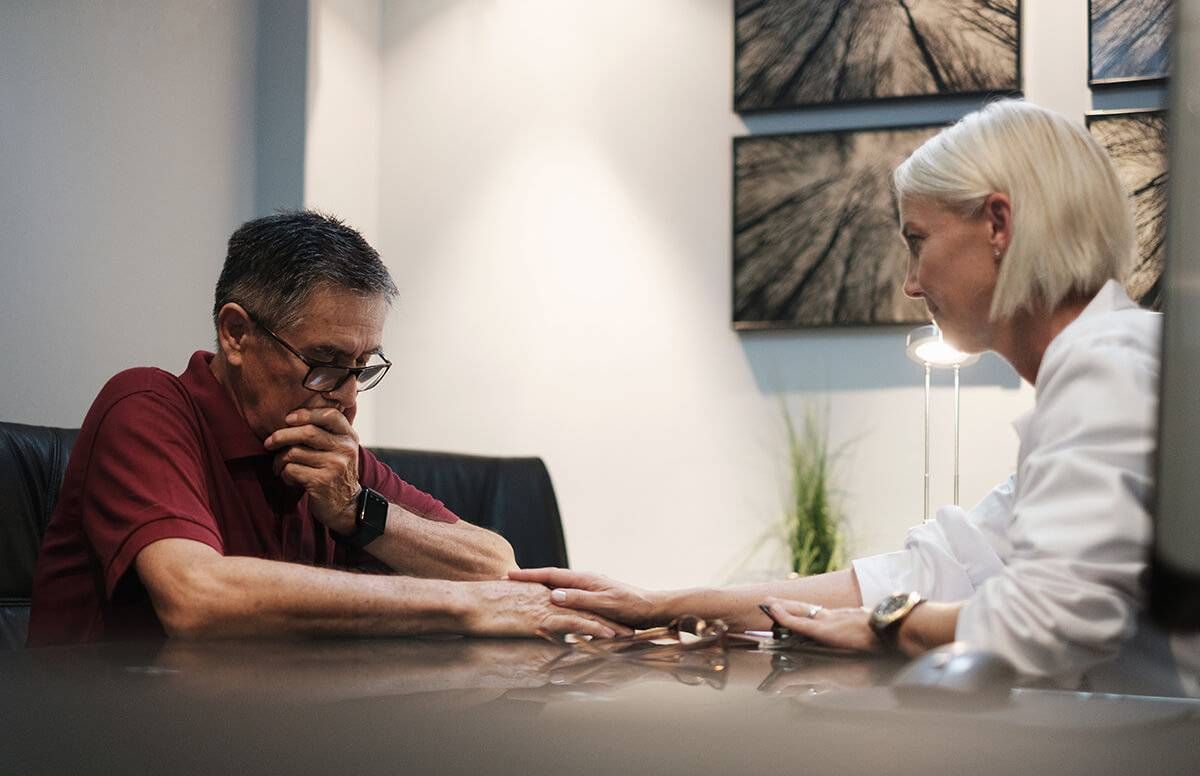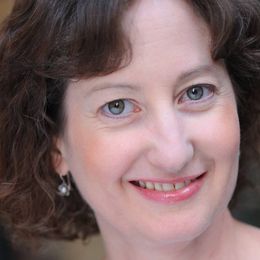How to Gain Access to Cancer Drugs Not Yet Approved by the FDA
'Project Facilitate' helps streamline the process for doctors' requests
In June 2019, the Food and Drug Administration (FDA) launched the federal government’s latest initiative to make it easier for Americans who have serious illnesses to gain access to experimental drugs.

Dubbed Project Facilitate, it’s a call center that oncologists can use to request help from the FDA in getting these drugs for their cancer patients from the companies developing them. Project Facilitate comes just one year after President Trump signed the “right to try” law, designed to give terminally ill patients the ability to use drugs before they’re approved by the FDA.
Despite these efforts on the part of the government, though, there’s still one big hurdle standing between patients and unapproved drugs: pharmaceutical companies can still decline requests for them. Even the FDA acknowledges that can be a challenge.
"I favor clinical trials more than anything, because that's how we learn whether drugs will truly be efficacious for patients."
Project Facilitate is designed to make the process of requesting experimental drugs “as streamlined and efficient as possible,” says FDA press officer Amanda Turney, but the company developing the product “has the right to approve or disapprove the physician’s request.”
Doctor Says: First Try Clinical Trials
That’s just one reason many physicians who treat terminally ill patients recommend they try to get into clinical trials for investigational products before attempting to secure those drugs directly from the manufacturers.
“I favor clinical trials more than anything, because that’s how we learn whether drugs will truly be efficacious for patients,” says Dr. David Hong, director of investigational cancer therapeutics at the MD Anderson Cancer Center in Houston.
When patients try drugs outside of closely monitored trials, “there can be unseen consequences,” Hong says, such as side effects that physicians don’t know how to manage because of a lack of experience with the medications.
Patients with any disease can search for clinical trials online at ClinicalTrials.gov. Several cancer-focused nonprofits, such as BreastCancerTrials.org (in collaboration with the Susan G. Komen Foundation), offer free online tools that match patients to clinical trials based on the specifics of their diagnoses, as does the website EmergingMed.
Hong recommends cancer patients first request help identifying appropriate clinical trials from the oncologist managing their treatment plan. But it’s also important to get a second opinion, ideally from a large cancer center that runs several clinical trials. Why?
“There are thousands of new drugs in development,” Hong says, and there are so many clinical trials starting up all the time that your oncologist may not have the most up-to-date information.
Newly diagnosed cancer patients should also request “next-generation” gene sequencing of their tumors, suggests Dr. Leonard Lichtenfeld, interim chief medical and scientific officer of the American Cancer Society. These tests can identify hundreds of genetic irregularities, such as mutations, that may be targetable with experimental therapies — if not now, then perhaps sometime in the future.
“Say you have a genetic analysis done and there’s no trial available” of a drug targeted at your genetic results, Lichtenfeld says. “Six months later, you may find that a trial exists where there was none before.”
Working With Drug Companies
Another good reason to insist on next-generation gene sequencing is that pharmaceutical companies will often go out of their way to get targeted drugs to patients with rare cancers. That was the case when a small company called Loxo Oncology started developing what is now Vitrakvi (larotrectinib), a drug that targets tumors with a rare abnormality called NTRK gene fusion.
For several years, Loxo (now owned by Eli Lilly) worked with oncologists all over the world to enroll people with the abnormality in the clinical trials — even patients who lived nowhere near the main sites where the drug was being tested. The drug was approved by the FDA last November based on clinical trial data showing that 75% of patients in the trials had a partial or complete response to it.
Not all companies are so accommodating, however, which is why resources like Project Facilitate could be useful.
The program, which is in the pilot phase, includes a call center that will be staffed by oncology experts at the FDA. These experts will help physicians fill out the paperwork that companies require when requests for experimental drugs are made. The FDA staff member assigned to a request will act as a liaison between the physician and drug company.
Whenever a request is denied, the FDA liaison will follow up to find out why the drug maker said no. The program is an extension of Expanded Access, otherwise known as “compassionate use,” which lets patients with life-threatening diseases file requests online for investigational products.
Expanding Access to Drug Trials
It’s important for patients to understand that if they are ultimately able to get an unapproved drug outside of a clinical trial, their health insurer may refuse to pay for it. But insurers will cover the routine costs associated with participating in clinical trials of experimental products, and drug makers, generally, will supply medicines at no charge to patients.
In a perfect world, every patient who wants to try an experimental drug would be able to get into a clinical trial. That’s a long way off, Lichtenfeld says, but initiatives like Project Facilitate could help lessen the barriers.
“Only a small percentage of cancer patients even have the opportunity to participate in clinical trials,” he says. “We need to find patients wherever they are and figure out the best way to get them into the trials. The FDA making these resources available will be helpful.”


